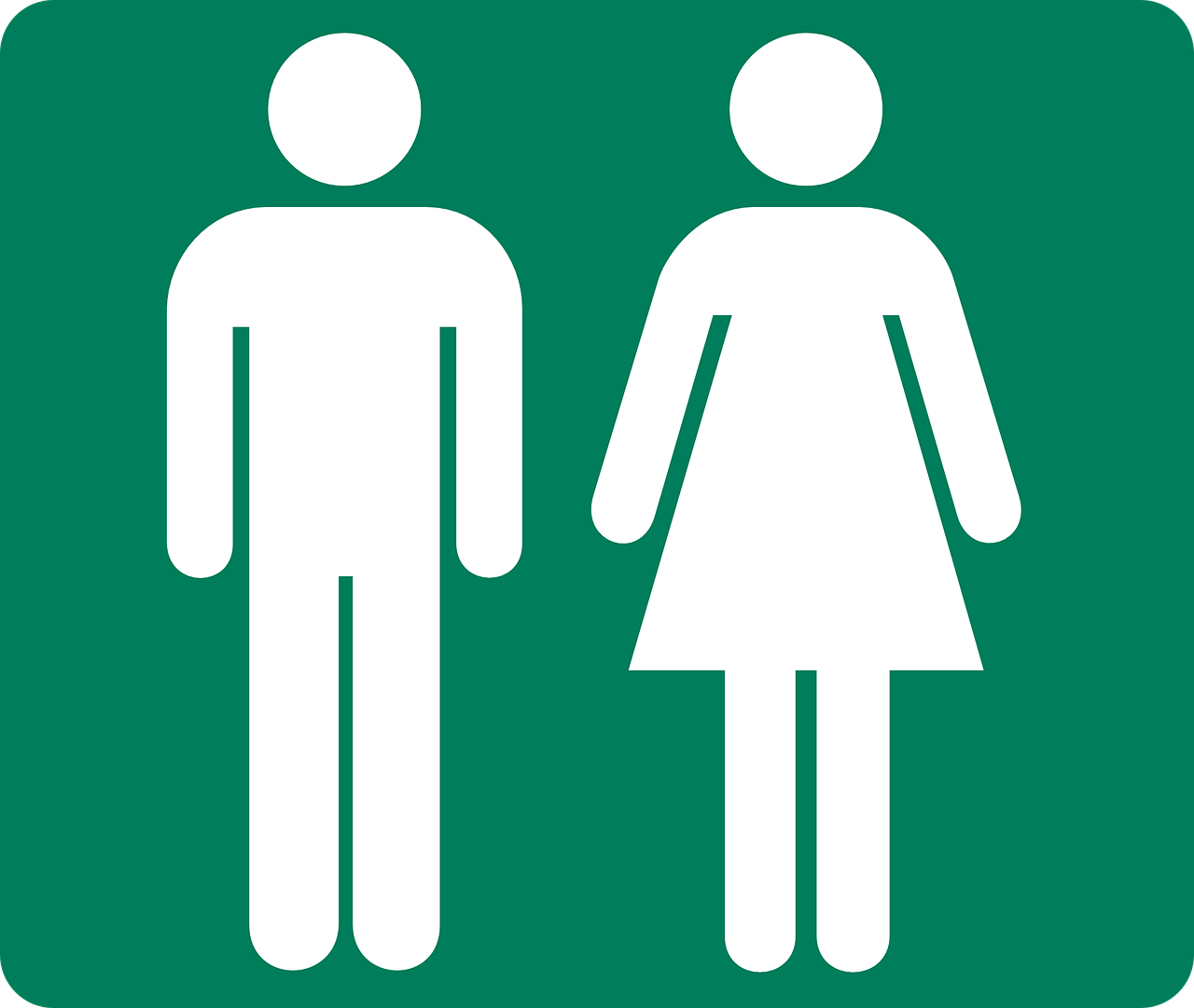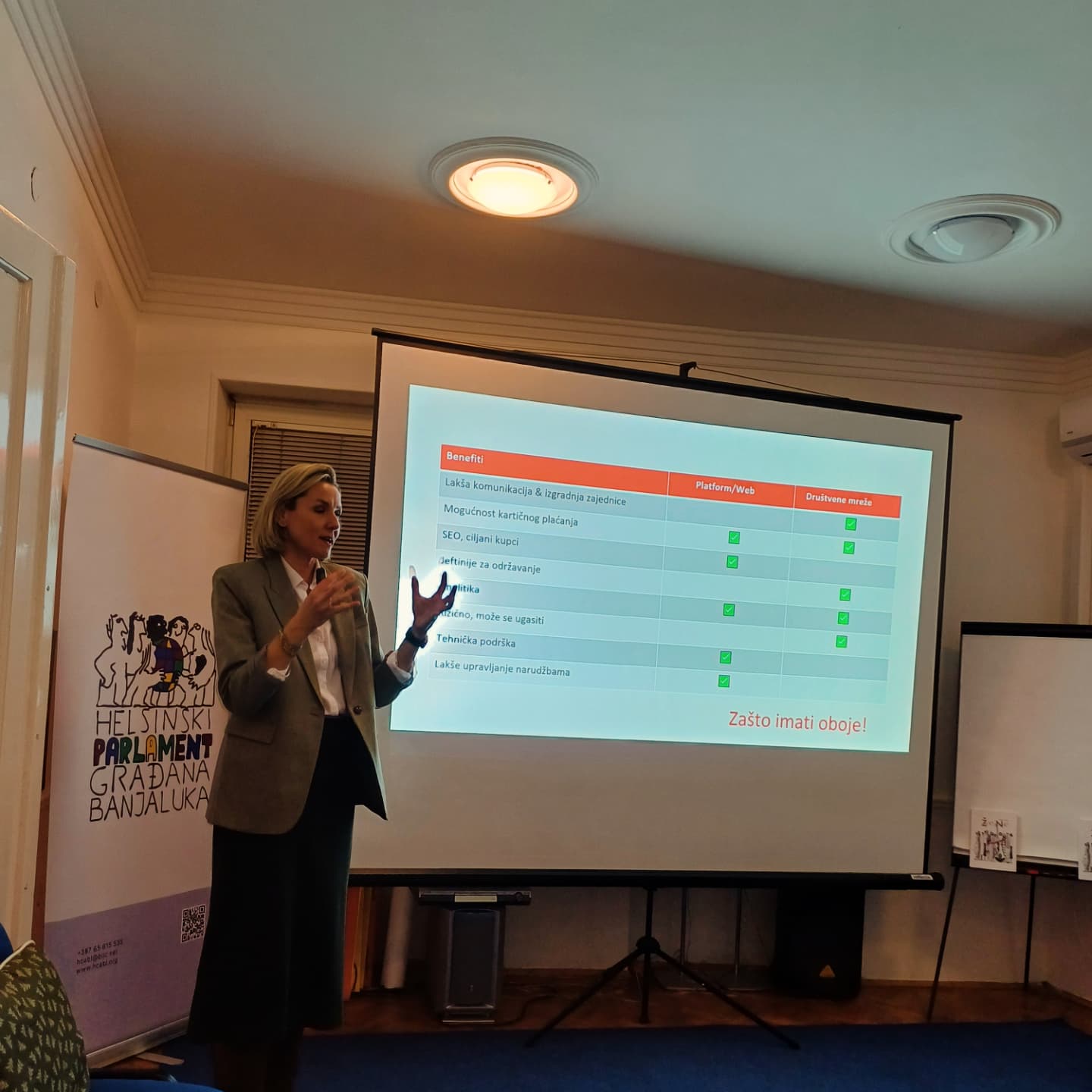Written by: Slađan Tomić
The position of women in the last century in the Balkans was much more difficult than it is today. Although women in socialism had a large range of rights, what happened as an unwritten rule was that women had a role based on supporting men. Women could work, but not in leadership positions with exceptions that confirmed the rules, according to the text published on the portal Raport.ba.
Unmarried women were considered to be old maid, divorcees, and children from extramarital unions were given the epithet “bastards”. Due to fear of social stigma, women often decided to stay married even though they suffered daily violence in marriage. They were often economically dependent on men and did not have the support of their families for divorce. Violence against women is sometimes romanticized through art.
The legacy of the past still leaves its mark today, and narratives about women in which they are less equal are still prevalent.
However, gender researcher Jasmina Čaušević says that although it may seem like there is not much progress, progress does exist.
“It is enough to look at the laws that have been passed in the last 25 years, what rights are protected, and what freedoms are guaranteed to people,” says Čaušević.
Social psychologist Srđan Puhalo says that as a society we have never gone too far in terms of achieving full gender equality.
He says that in the previous system, women could work, were equal under the law, could keep their last name when entering into marriage, and could get divorced.
“In the 90s, of course, there was a repatriation of society, but some things simply cannot be undone overnight. Especially not for working women, because when that repatriation started, when the war began, women had to work when the men went to the battlefield, and that somehow contributed to preserving their position in terms of work, but what changed was their role in the family. This means that in the certain extent they were expected to be mothers, good housewives, and to be the three pillars of the house”, explains Puhalo.
He notes that what was promoted as a politics of socialism did not necessarily have to be accepted or adopted by the citizens.
“I think that people in the countryside were very careful about what the role of man is and what is of a woman. And even in smaller communities, smaller towns, you knew what was man and what was woman. We had declared equality, but it was always taken into account whether a woman managed to get married, whether she did not, whether she had a child and no husband. And in this sense, smaller communities are much more cruel than large ones”, said Puhalo.
Čaušević says that often idealizing the past and romanticizing all “old, good” values is dangerous, because this type of generalization assumes, among other things, the moral superiority of those principles, compared to democratic values and freedoms.
“This corpus also includes customs that domestic violence is a private matter, that marital rape is part of married life, that it is a shame to have impaired mental health, that a woman cannot be a good mother to her child if she is successful, that a woman is to blame if she was a rape victim, etc.”, says Čaušević.
Even though we live in a world of digital technologies, modern democracy, and complete technical development, some narratives from the past are still very much present. First of all, violence is still normalized in many communities and households.
This fight is literally a fight and a process, which gives the best results if it happens in synergy between women’s and feminist organizations, the civil sector, institutions whose responsibility is to protect human rights and acquired freedoms, institutions that should prosecute all those who commit a crime, as well as the media, which should respect the ethical and professional principles of their profession and create a climate in the public space where the facts are taken into account. Although some practices are dying out, such as the custom in Montenegro where there were women who, in the absence of male children in the family, took on the role of male children/brothers, the so-called virgins. This proves that female children are still not fully equal to male children. Therefore, many women today still renounce their inheritance rights in favor of their brothers. They are equal before the law, but their heritage teaches them differently.
“Unfortunately, unwritten rules are still stronger than written laws in some places, so these practices exist and survive. The path towards rejecting these practices is slow, it can take several generations, and there is no other solution than to work persistently on empowering girls and women, on educating everyone, on resolutely persevering the position that without gender and any other equality there is no dignified life”, advises Čaušević.
Women’s equality is threatened by nationalism, patriarchy and capitalism
The war in the 90s, Puhalo explains, brought to the surface everything that was hidden and under the radar in socialism. What was not publicly discussed suddenly surfaced.
“It did certainly surface and became something that is perhaps even called official policy. And here again we have the role of religious institutions, which of course have a different view of the role of women and men in today’s society, and nationalism, which simply confines women to private spaces, to homes, and expects them to be machines for giving birth to children and taking care of the family. And that, on the one hand, led to a change in the position of women”, says Puhalo.
The field in which women have achieved equality is employment, and this is something that cannot go back, especially since BiH is facing a labor shortage.
“Well, it seems to me that women are very, very desirable workers. But on the other hand, a woman is now expected not only to be a worker but also to be a good housewife, to give birth to two or three children, regardless of the fact that society does not support her”, says Puhalo.
Today, women of childbearing age are asked at a job interview whether they plan to give birth, regardless of the fact that it is prohibited by law. If so, the chances of her getting a job are less because then the woman is seen as an expense.
“Now we have a woman who, I think, has not written off the role of a worker, but the system has made it much more difficult for her to play that role because society does not care enough in terms of relieving her of some other roles or rewarding her for other roles. So sometimes maternity leave is not paid, employers wonder if she will give birth and so on. These are all messages that say, in some way, what society expects of you,” adds Puhalo.
Puhalo believes that nationalism, patriarchy and capitalism are to blame for this.
Since the 1990s, women have lost institutional support, but expectations have remained the same, if not higher.
All this leads to the fact that women are the ones who support men, keep the same status, and not someone who should be an active member of the community. Women in politics often do not use their position to improve the position of women.
“There are few women who have some, authentic, their own politics, women’s politics, proactive politics. They are mostly there to vote and support their male bosses. And they prefer to appear in the company of a priest, hodja or friar, rather than at the International Women’s Day marches. And that says something about the attitude of women who have power towards other women and towards themselves”, Puhalo believes.
Right-wingers campaign to ban abortion
Right-wing organizations in Bosnia and Herzegovina, Puhalo believes, cannot do much when it comes to taking away women’s acquired rights. In addition, he believes that the question is what does a right-wing movement mean in BiH, because the right-wing is actually mainstream politics.
“There is simply no going back. Right-wingers are now deal with gender and sex. I am more afraid of decisions like reducing or eliminating quotas, about the number of women within political parties when it comes to leadership, when it comes to lists in elections. Because that is something that in our society has not yet become natural and has not taken root well”, Puhalo believes.
It is good that, says Puhalo, right-wingers are ignored when talking about abolishing the right to work, which would be defended with a thesis about the traditional family that places women in households, because there are not enough men on the labor market. “The point here is actually a struggle for power. Ok, women will work, women will earn money, women will stand in social life, but it is important that the man has the power, that he decides. And that means that you always keep a woman on a short leash as far as her rights are concerned and that you can always pull the leash. That is the maximum that right-wingers can do”, believes Puhalo.
However, in recent years, a new agenda has emerged in the field of right-wing activity – the ban on abortion.
“Ultimately, they will not be against contraception, they will be against abortion. They may try to abolish abortion”, warns Puhalo.
Every attempt to diminish women’s rights is defended by right-wingers with the thesis of the return of the traditional family. What exactly this means is a broad topic, but right-wingers mainly focus on aspects that put men in an inferior position.
“The public interpretation is dominated by the part where women are protected by locking themselves in their private space and emancipation is perceived as an imposed innovation”, concludes Čaušević.
(The text was written in cooperation with the Helsinki Citizens’ Assembly as part of the project “Our Resistance”, supported by the Swedish foundation Kvinna till Kvinna and UK International Development.)
Photo: Pixabay




